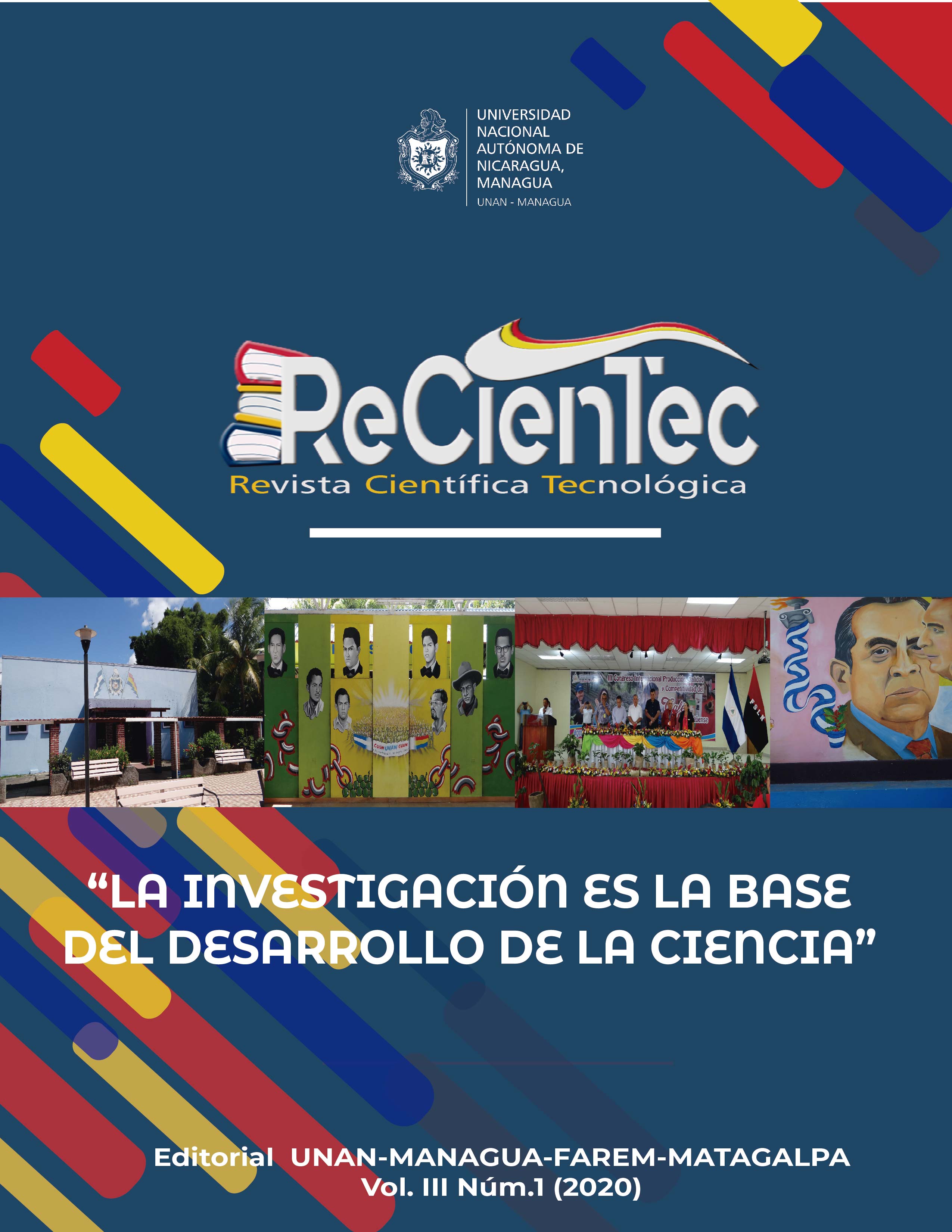The qualitative case study, a methodological resource for the comprehensive understanding of child rearing in a rural community in Jinotega, Nicaragua.
Keywords:
Anthropometry, Qualitative Case Study, Phenomenology, ParentingAbstract
In Nicaragua the study of malnutrition in poor rural populations is based on anthropometric analysis and food intake, its management in the community is with counseling, however in the local imaginary people mean everything related to childcare including nutrition among many other phenomena in a much broader social construct: parenting, it is therefore necessary to reflect on the available methodological practices and resources that contribute to a counseling contextualized and more accurate. Systematic analysis of literature, analysis of manifest content of texts and documents. The current approach is fragmented, it collects anthropometric data to classify minors, incorporated concepts of common use in the qualitative field to create their models and strategies, however this has been applied in the form of instruments highly structured, restricting the comprehensive understanding and inclusion of the significant differences or similarities inherent in each individual context. To understand what parenting is like, the qualitative case study with phenomenological approach has such flexibility and depth that it can include anthropometric variables as one more observable, without stopping at this classification and allowing saturation of knowledge about nutritional resources and other existing determinants by significantly improving the thematic accuracy of counseling, facilitating negotiation between health workers and community dwellers and the adoption of new healthier behaviors.




